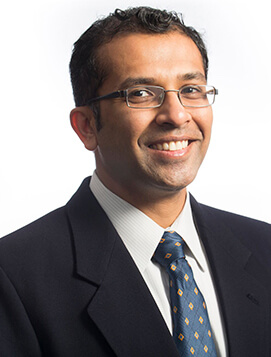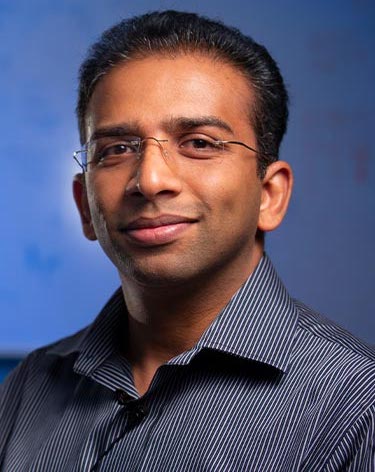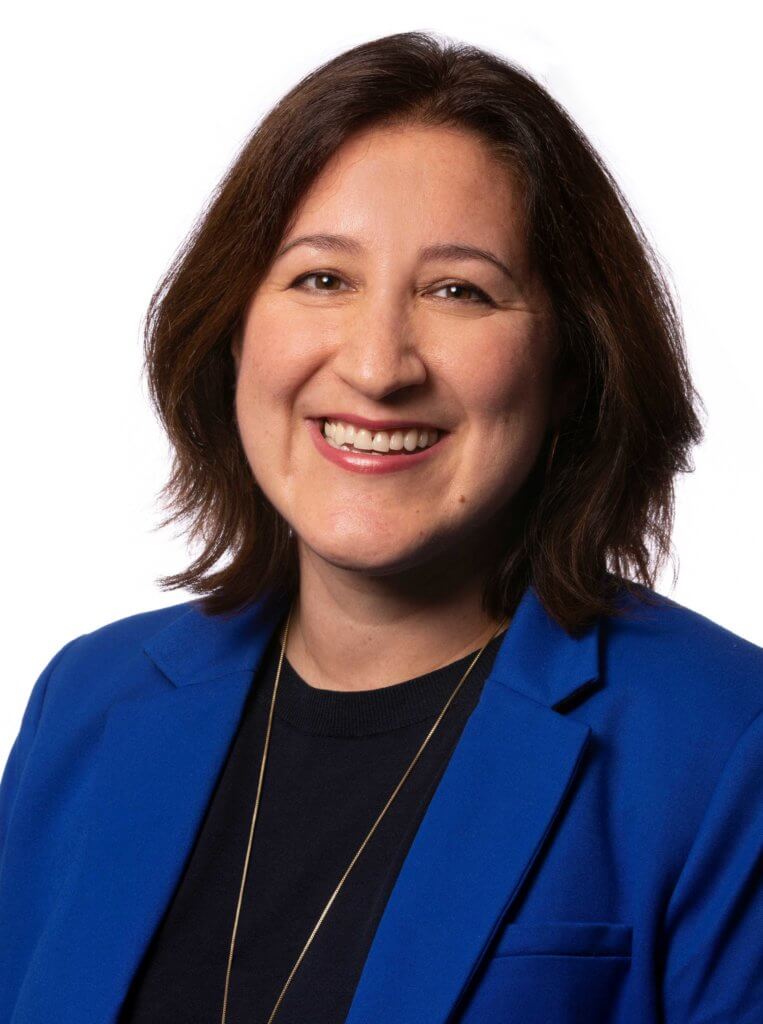
A $1.25 million National Science Foundation grant is funding a Cal State Fullerton community-based project to develop smart-home technologies for people previously affected by homelessness and now living in permanent supportive housing.
Permanent supportive housing is an evidence-based approach to homelessness that involves ensuring access to services residents need, said Anand Panangadan, associate professor of computer science, who is directing the project.
The three-year project, “Designing and Testing Remote Services to Support Formerly Homeless Persons in Permanent Housing,” brings together a team of interdisciplinary researchers from CSUF and USC, along with two nonprofits that address Orange County homelessness issues.
Project collaborators are CSUF’s Kiran George, professor of computer engineering and researcher in user-friendly assistive technology devices, and Tabashir Nobari, assistant professor of public health, whose research includes housing insecurity and homelessness; and Benjamin Henwood, USC professor of social work, an expert on housing and integrative support for homeless individuals. Community partners are Mercy House and Jamboree Housing Corporation.

“There’s little research that has examined technological innovations for providing services in permanent supportive housing for the homeless population,” said Panangadan, whose research interests include applications of machine learning.
These services include mental health counseling, substance abuse resources, job placement, and assistance in obtaining state and federal benefits.
“Most of these services traditionally are provided in-person,” Panangadan said. “But the unexpected COVID-19 pandemic accelerated the role of technology in providing some of these services, such as home visits and mental health counseling, which can be performed over videoconferencing.”
This project will study what factors determine successful use of smart-home technology in supportive housing, and develop prototypes to demonstrate how technology can facilitate and improve services, Panangadan relayed.
Prototypes being considered include a smart pot for easier cooking, a smart pillbox and a social connectivity app designed to facilitate better social connections with other residents and the surrounding community, George said.
Additionally, the project will investigate key technologies to increase safety, ensure residents’ privacy preferences and expand smartphone interfaces to access the internet and services.
The project is part of the College of Engineering and Computer Science’s Big Ideas-Digital Homelessness Initiative, which is addressing the complex needs of the homeless population by expanding technology-based solutions.

The project team is currently conducting focus groups with residents living in permanent supportive housing, as well as community partner staff, to understand the factors that affect the adoption of technologies and obtain feedback in the design of prototypes, George said.
“Based on residents’ needs, prototypes will be developed using a ‘lean design’ approach, which refers to developing a solution in an iterative way with rapid development of prototypes that can be quickly evaluated,” George added. “And the lessons learned are applied to the next iteration.”
CSUF engineering and computer science majors will design and develop technology prototypes. Public health and social science students will assist with interviews, focus groups and surveys, as well as analyze data obtained from these activities, Panangadan said.

“This interdisciplinary study provides public health and social work students with unique opportunities to work collaboratively with computer scientists and engineers developing these technologies,” Nobari said.
“Smart technologies, mobile devices and applications are increasingly used in medicine and public health to address health inequities,” she added. “Providing our students with this experience will give them important skills for the future.”